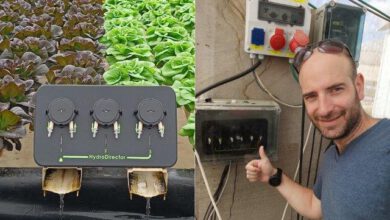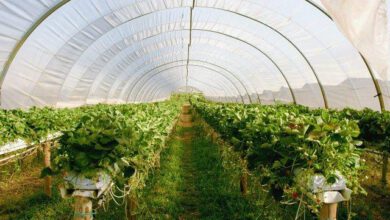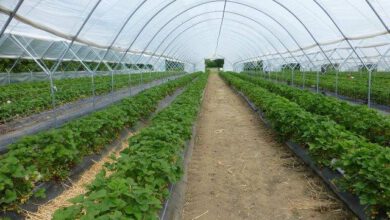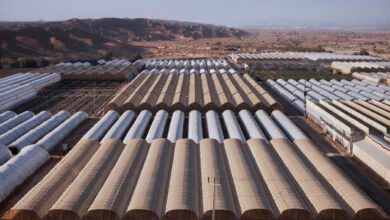Netafim want to be a world leader in horticultural industry
An interview with Gaby Midownik, CEO of Netafim regarding how Gakon-Netafim will help more growers grow more food sustainably
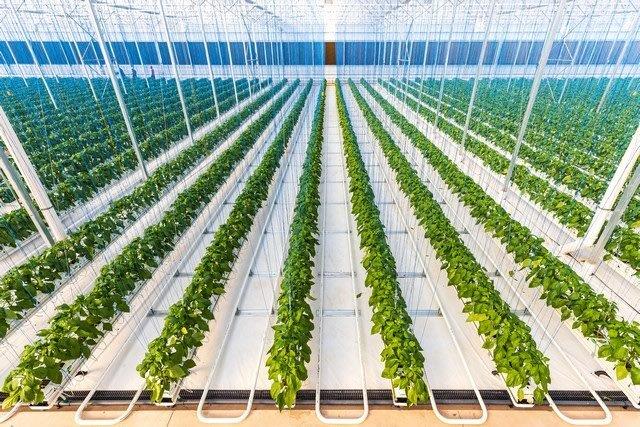
Gaby Miodownik, CEO of Netafim: “M&A activities in horticultural industry illustrate that it’s a strong market”
In March 2021, Israeli irrigation manufacturer Netafim acquired Dutch turnkey greenhouse projects provider Gakon. The official new name and logo have been announced, and it was time to sit down with Gaby Miodownik, CEO of Netafim, to discuss the plans of Gakon Netafim and the developments they see in the market. “We’ve invested in a market that we’re convinced will continue to grow,” he said. “We see, among our customers and in the market in general, that a growing number of investments are being made in controlled environmental agriculture. We’re well equipped to offer this market unique solutions.” Gaby revealed that the Gakon acquisition may not be their last investment in horticulture. “We’re always looking for solutions that take us forward. We want to be a world leader in this industry.”
.jpg)
“Netafim has always been in the agriculture business, and has always held a vision of helping farmers grow more with less,” Gaby says. He explained how drip irrigation, Netafim’s core business, is very much related to horticulture, as more than 90% of greenhouses in the world use drip irrigation. “We have been irrigation suppliers for over 60 years and continuously invest in our technology to ensure we’re on the cutting edge of precision. In the last 20-25 years, we’ve also undertaken greenhouse projects, with a specific focus on polyethylene and net structures. Two years ago, we decided to place more effort into becoming a world leader in this field. We realized that, while our own brand is strong, we needed an M&A (Mergers & Acquisitions) to attain the required expertise and positioning. The Gakon acquisition took us there.”
There are many M&A activities in the horticultural industry, and almost all Dutch turnkey suppliers nowadays are acquainted with private equity investors. “This illustrates the fact that it’s a strong market that will probably grow in the upcoming decades as the need for healthy, local food production evolves,” says Gaby. “What’s different about us, compared to private equity, is that we’re making a strategic investment for the long term. Gakon’s activities combine and synchronize well with ours: agriculture, automation, and irrigation. All greenhouse growers use drip irrigation, and an irrigation client could be a possible greenhouse client in the future. Leveraging our presence of local teams on the ground, we’re able to approach our existing irrigation customers with our other offerings including design, installation, and agronomic support.”
.jpg)
Global expansion
With the greenhouse market currently emerging across every continent, there are ample opportunities in the 100+ countries where Netafim is currently active – and there is plenty of room for further growth. By utilizing existing relationships created by both companies, Gakon Netafim can strengthen its foothold across areas such as North America, Australia, China, and the Middle East to drive its horticultural offering. On top of the need for local food production, medical cannabis cultivation will also remain a focus point. Both Netafim and Gakon, under the brand name of Dicans, have been active in the legalized, permitted parts of this emerging market.
“For growers all over the world, water and labor scarcity pose major challenges. Energy is also a very hot topic, as well as sustainability in general. In addition to growers approaching us, there are also investors entering this market that do not necessarily know anything about farming, but who want to invest in sustainable businesses focused on food production. We can help them by offering more sustainable ways of growing. In today’s global market, there is a lot of opportunity for expansion and by combining our forces, all that becomes possible. We have people on the ground in more than 40 countries who can support farmers when they begin new greenhouse projects with us.”
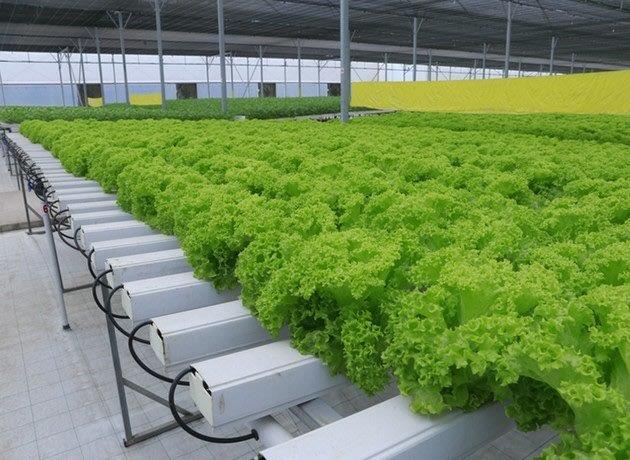
Gaby explains that the complete offering of polyethylene greenhouses, nethouses, and glass greenhouses provides better service for the growers as they can choose from a complete offering. “To us, it doesn’t matter what greenhouse they choose; our only goal is the long-term relationship with the grower and thus their long-term success. We want to sell what’s best for them: a tailor-made solution that suits their circumstances and the level of investment they are interested in. Economic support, being there for the farmer day after day, not just doing the project and then ending the relationship, that is what is important for us. We can offer the grower the full package, including design, installation, and eventually also after-sale services as we have local teams on the ground.” As Netafim has now incorporated extensive knowledge on high-tech greenhouse cultivation it hopes to further grow its activity. “We have a strong team in Gakon-Netafim and are looking to expand, as together we can benefit growers greatly.”
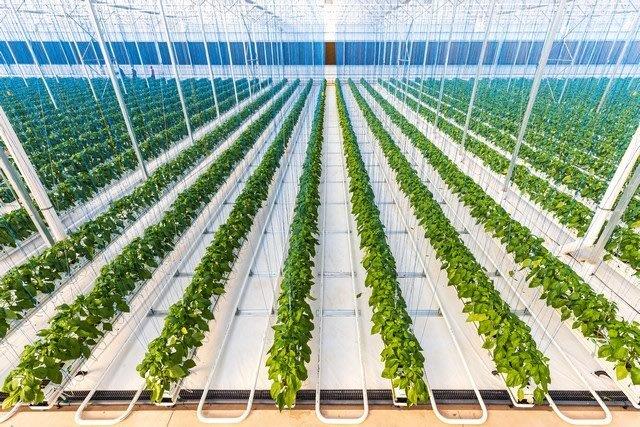
As an example, he talks about the Cottonex greenhouse in Kazakhstan, where, prior to the acquisition, Netafim completed a polyethylene (PE) greenhouses project including the internal fixtures. “With Gakon’s expertise, we can now help these clients even better.” Then there is the Steiner project, a complete greenhouse project using geothermal heat, or Fri-El, where Gakon recently completed an expansion. “With our combined presence, it will be easier to realize such projects.” A final case is in Australia, where Gakon built the Katunga Fresh project. “To organize this from Holland was quite challenging, especially during the Covid pandemic. In the next phase, our local presence will support sales, execution, and aftersales – an example of how our collaboration brings benefits to growers.”
More support for more growers
“Our main message is that we’ve invested in a market that we’re convinced will continue to grow. Both companies have been active in offering growers all over the world the tools to produce local, healthy food. We complement each other in the products that we offer and in our knowledge of crops. We can support growers globally on a local basis and bring decades of horticultural knowledge in vegetables and cannabis to the table. At the end of the day, it’s beneficial to the customers,” Gaby concludes, revealing that it might not be the last acquisition for Netafim. “We’re not limiting ourselves to the acquisition of Gakon. We can’t divulge any details of prospects for investment, but together with Gakon, we’re going through a full process of analyzing our competitive situation: what are the technologies in the market, what technologies are relevant for the coming years to satisfy our clients’ needs? We may look into technological investments that complete our current offering. At this point, we don’t have a target list of companies, but we’re always looking for solutions that further compliment us. It’s part of our strategy moving forward: adding technologies and services that can help growers even more.” That, Gaby emphasizes, has always been and will continue to be the real goal.
Article origin by Hortidaily

